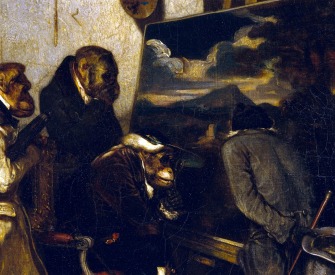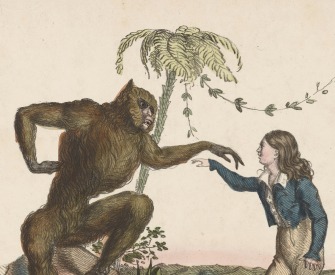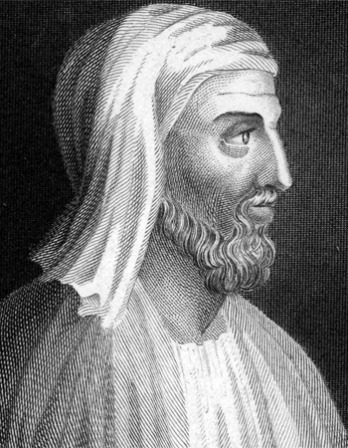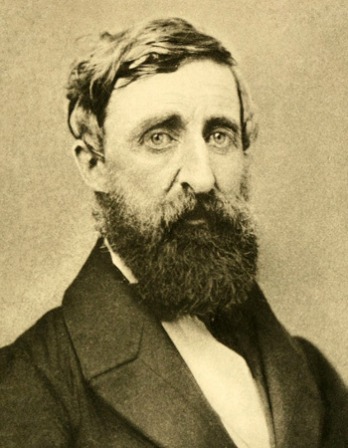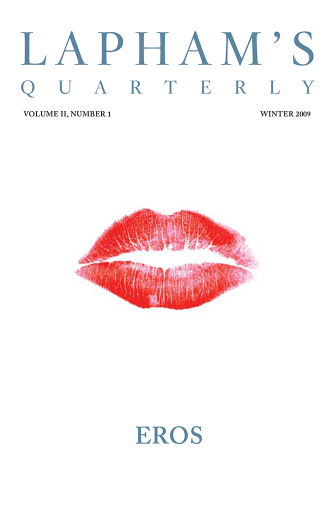As inward love breeds outward talk,
The hound some praise, and some the hawk,
Some better pleas’d with private sport,
Use Tennis, some a Mistress court:
But these delights I neither wish,
Nor envy, while I freely fish.
Who hunts, doth oft in danger ride;
Who hawks, lures oft both far and wide;
Who uses games, may often prove
A loser; but who falls in love,
Is fettered in fond Cupid’s snare:
My angle breeds me no such care.
Of recreation there is none
So free as fishing is alone;
All other pastimes do no less
Than mind and body both possess;
My hand alone my work can do,
So I can fish and study too.
But yet though while I fish, I fast,
I make good fortune my repast,
And thereunto my friend invite,
In whom I more than that delight:
Who is more welcome to my dish,
Than to my angle was my fish.
As well content no prize to take
As use of taken prize to make;
For so our Lord was pleased when
He fishers made fishers of men;
Where (which is in no other game)
A man may fish and praise his name.
The first men that our Savior dear
Did choose to wait upon him here,
Blest fishers were; and fish the last
Food was that he on earth did taste:
I therefore strive to follow those
Whom he to follow him hath chose.
From The Compleat Angler. After apprenticing to a linen draper in London, Walton acquired a small shop of his own near St. Dunstan’s Church, where he met John Donne and became his fishing companion. He oversaw five editions of his work on fishing; since the late 1700s there have been at least three hundred more, making it one of the most reprinted works of English literature.
Back to Issue

